Center for the Planetary Health and Innovation Science (PHIS)
Introduction
[EN] Planetary health is a new science. Its approach considers total health, including not only human health but also healthy social systems and the healthy state of natural systems on which it depends. The Center for Planetary Health and Innovation Science (PHIS) has a mission in this new global scientific challenge and aims to establish an interdisciplinary research center that links the disciplines of science, engineering, agriculture, and health sciences. To tackle various global issues, we will implement the Sustainable Development Goals (SDGs) from the aspect of education and research by promoting flexible and innovative transdisciplinary research and providing a place for technological innovation.
[JP] Planetary Health は、「人間・社会・自然生態のトータルな健康」を地球規模で目指す概念であり、2014年より世界の科学者が提唱している「新しい融合科学」への挑戦である。本センター(PHIS)は、この新たな世界的挑戦を使命とし、理学・工学・農学・健康科学の専門領域を連携させた学際的研究拠点を構築することを目的とする。そして地球規模の様々な課題に柔軟かつ革新的な融合研究の促進および技術革新を行う場の提供を通して、教育研究の側面から持続可能な開発目標(SDGs)を実践する。
(追加補足) 気候変動をはじめとする地球規模で発生している課題解決において、これまでの持続可能な開発目標(SDGs)で取り組まれているような、個別課題を還元的かつ独立に追求する研究のみでは対応できず、既存の概念を超えた新しい超学際的連携が必要とされており、「プラネタリーヘルス」というが概念が誕生した。この新たな世界規模の潮流の中、自ら高度な専門知識を持ちつつも、異分野およびステークホルダーと連携し、地球規模の課題に柔軟かつ創造的に取り組める人材の育成は世界規模で喫緊の課題である。

Sam Myers “The Lancet International Health Lecture on 13 November 2017” 改変
Transdisciplinary Research Project
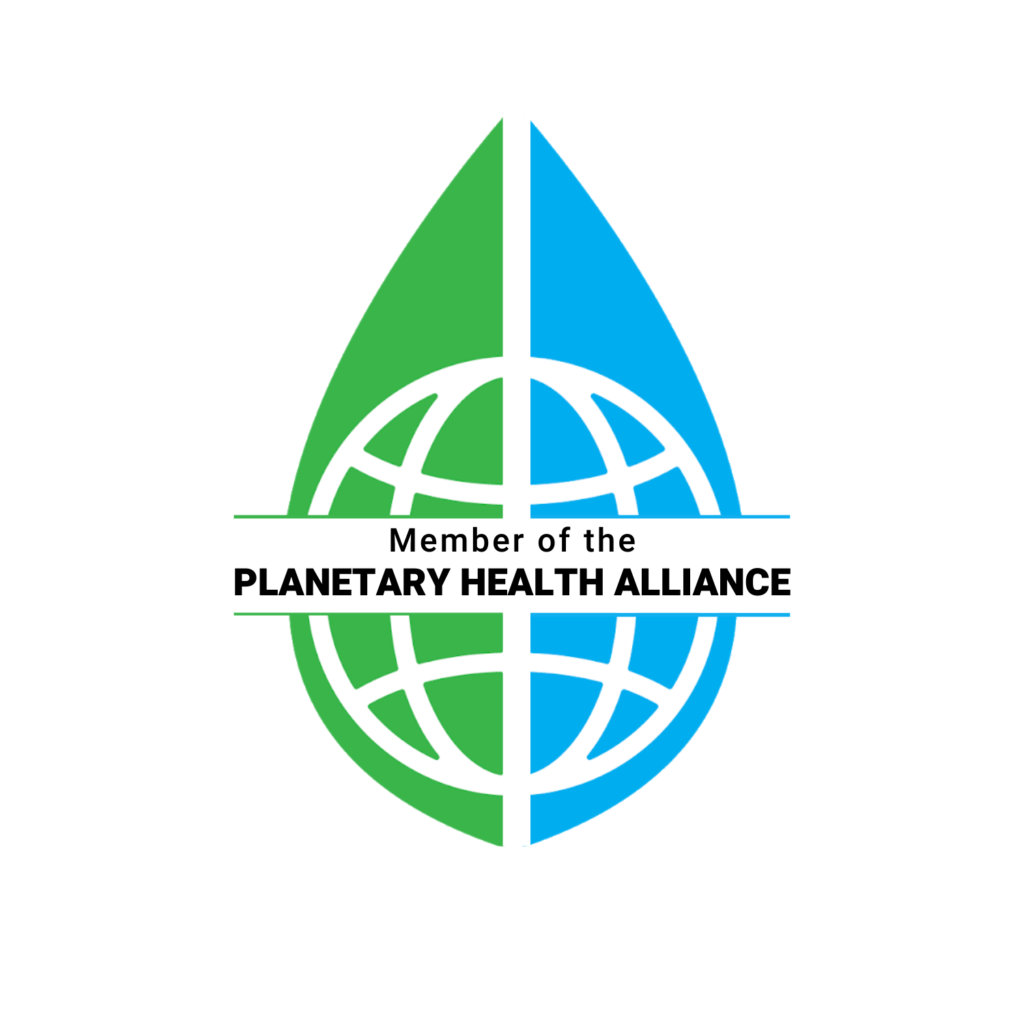
PHIS is a member of the Planetary Health Alliance (PHA)
Pick up!
PHAI: Community-oriented practice for planetary healthy aging
プラネタリーヘルシーエイジングの地域実践
Projects
-
Adopted as an Establishment of smart mobility platform Project, Cross-ministerial Strategic Innovation Promotion Program (SIP)
-
[Project] Community-oriented practice for planetary healthy aging, The Asahi Glass Foundation Special Research Grants for “Blue Planet”
-
[Project] Sustainable Peace and Peaceful Sustainability in Conflict-Affected Societies: the Relationship between Positive Peace and Environmental Performance
-
[Project] CHOBE Center for Holobiome and Built Environment
-
[Project] MetaSUB Metagenomics & Metadesign of Subways & Urban Biomes
-
[Project] Development of Harmful Algal Bloom Monitoring Methods and Forecast System for Sustainable Aquaculture and Coastal Fisheries in Chile, SATREPS
PHIS members
PHIS
-

KASHIMA Saori
Vice Director of the IDEC Institute Director of PHIS Fields: Planetary Health -


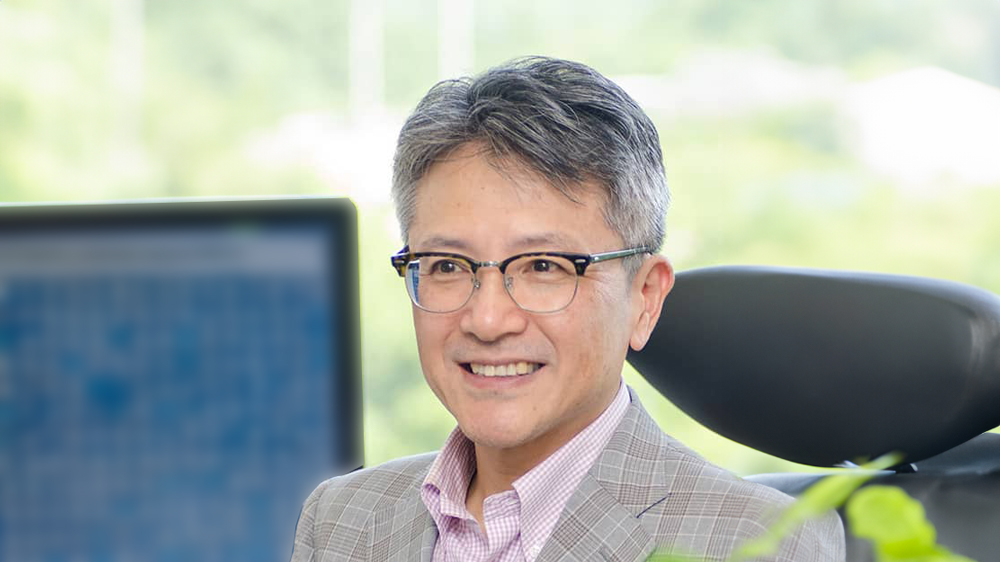
FUJIWARA Akimasa
Professor PHIS Fields: Urban Planning -



MARUYAMA Fumito
Professor PHIS Fields: Microbial Genomics -


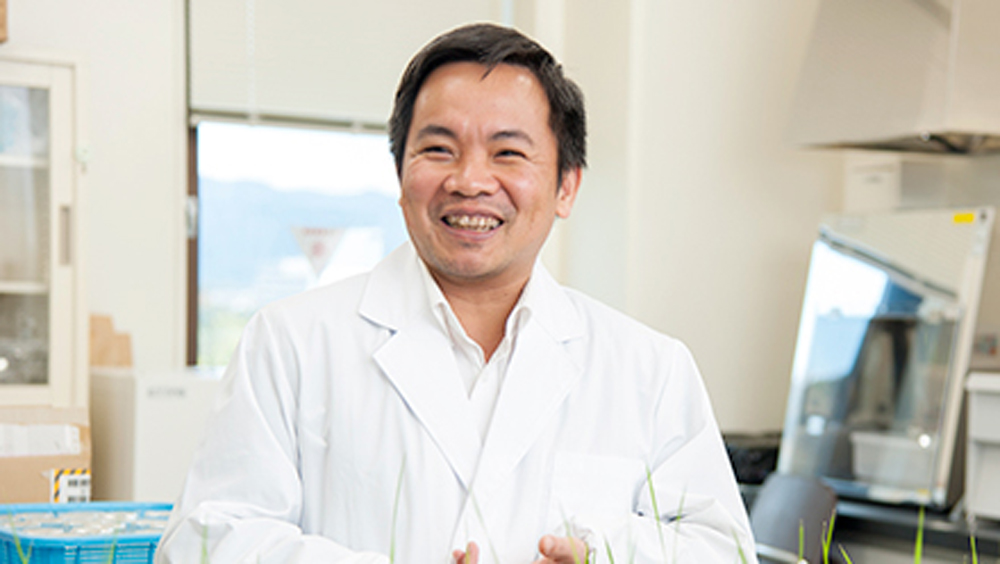
XUAN Tran Dang
Professor PHIS Fields: Sustainable Agriculture -



LEE Han Soo
Professor PHIS Fields: Disaster Risk Management -



WATANABE Sonoko
Associate Professor PHIS Fields: Landscape Ecology -


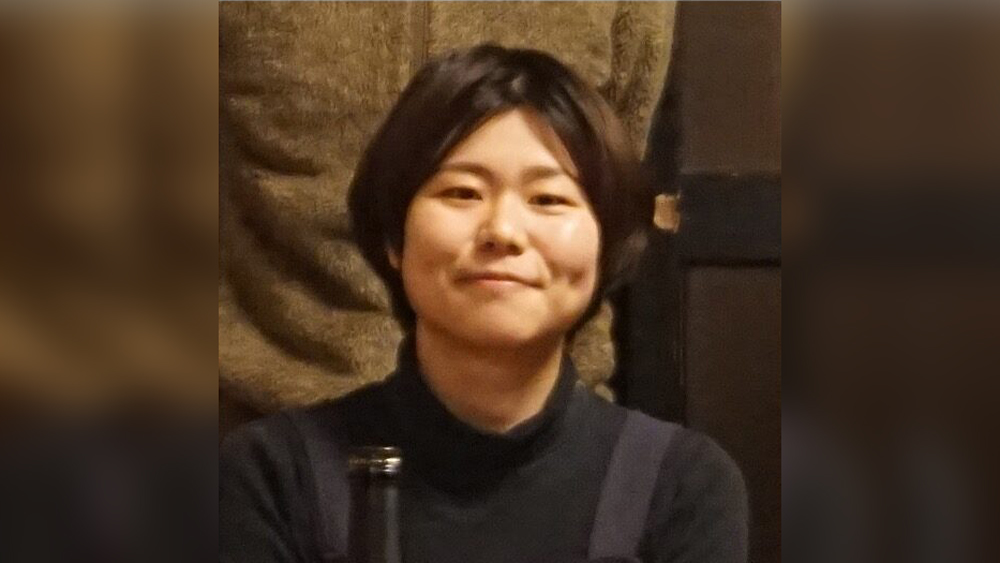
FUJIYOSHI So
Associate Professor (Special Appointment) PHIS Fields: Environmental Genomics -


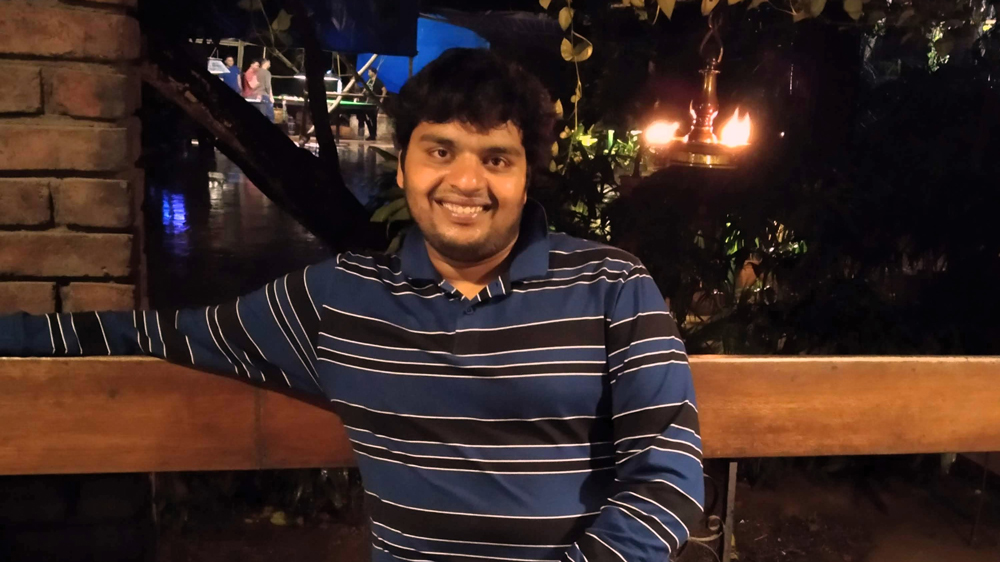
BHANAGE VINAYAK NITIN
Assistant Professor PHIS Fields: Urban climate and Environmental remote sensing -


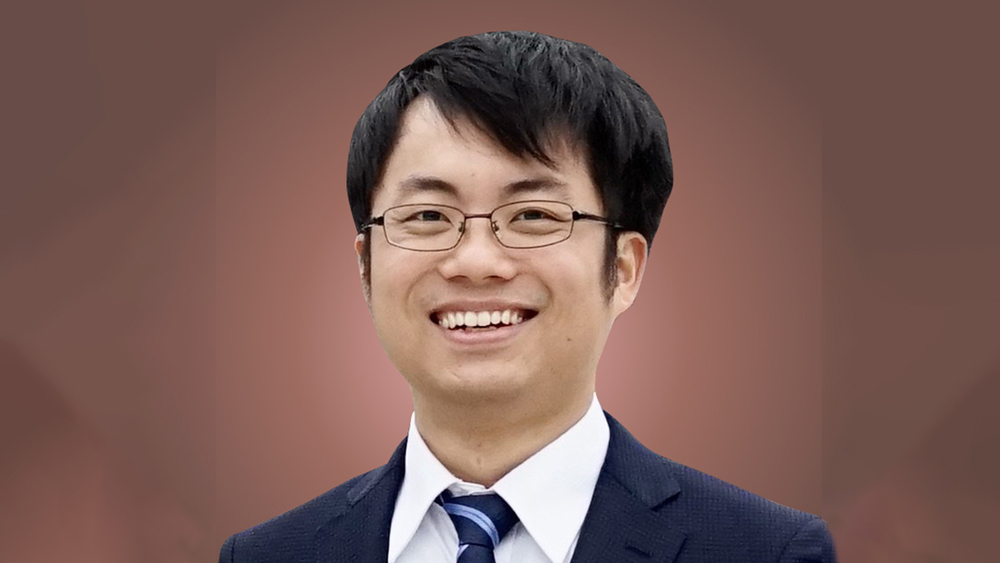
NGUYEN VAN THINH
Assistant Professor PHIS Fields: Environmental Science -


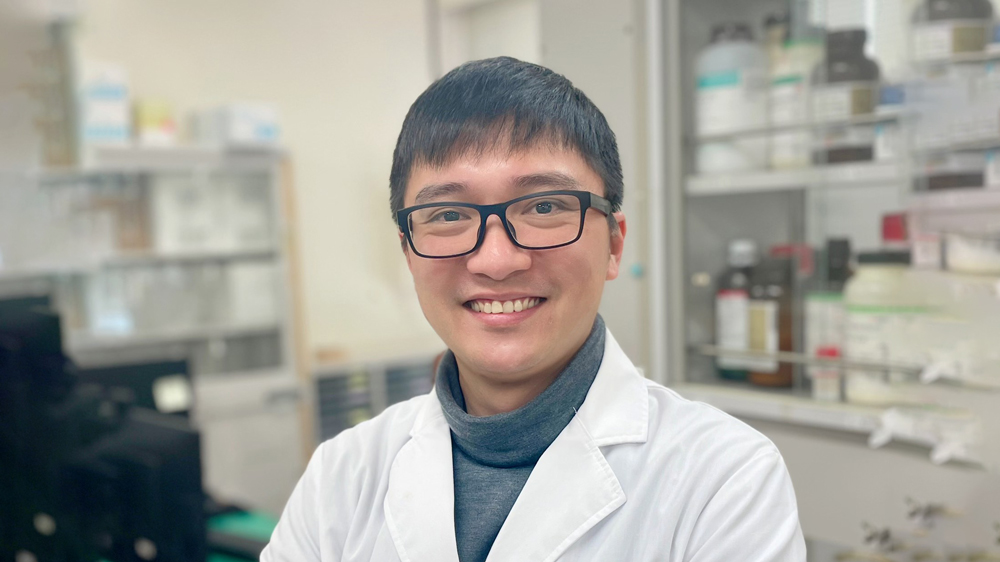
NGUYEN VAN QUAN
Assistant Professor PHIS Fields: Agrochemistry -


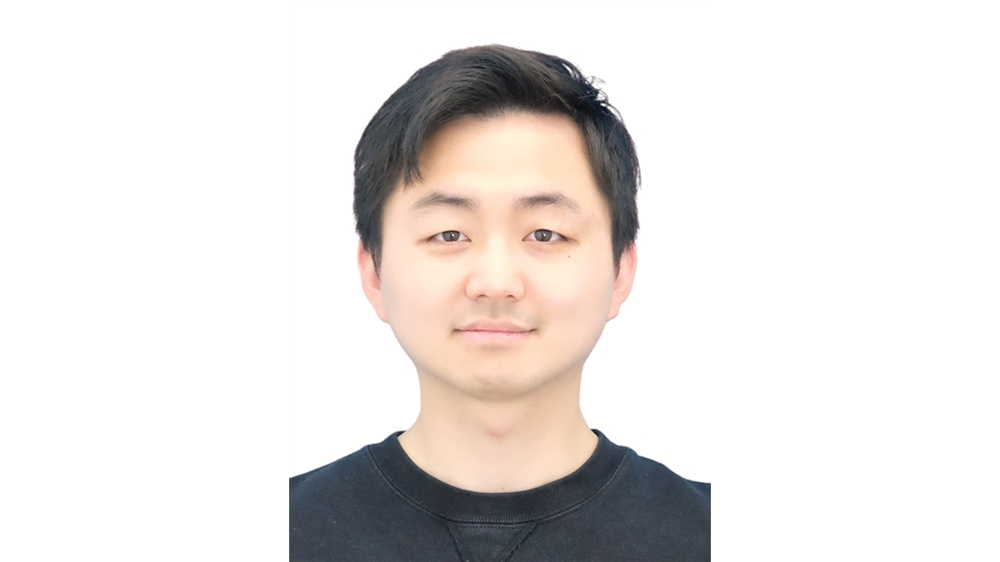
JEONG JAESOON
Assistant Professor PHIS Fields: Coastal hazards -


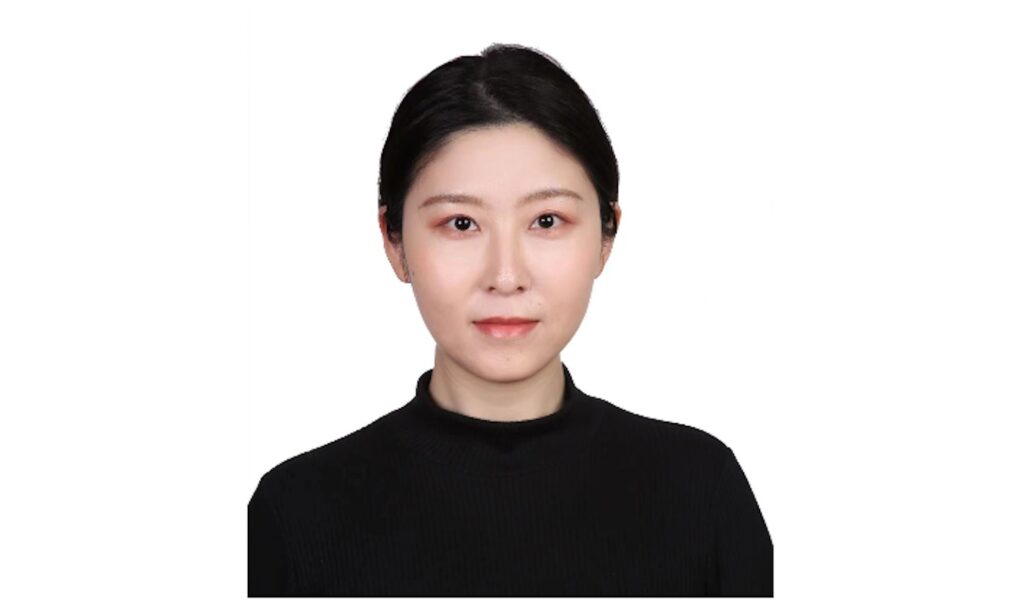
YIN Yue
Assistant Professor (Special Appointment) PHIS Fields: Microbial Ecology
Research collaborators for Planetary Health Alliance
- Jyunko TANAKA (Epidemiology, Infectious Disease Control and Prevention, Graduate School of Biomedical and Health Sciences)
- Tomoyuki AKITA (Epidemiology, Infectious Disease Control and Prevention, Graduate School of Biomedical and Health Sciences)
- Aya SUGIYAMA (Epidemiology, Infectious Disease Control and Prevention, Graduate School of Biomedical and Health Sciences)
- Ko KO (Epidemiology, Infectious Disease Control and Prevention, Graduate School of Biomedical and Health Sciences)
- Shintarou NAGASHIMA (Epidemiology, Infectious Disease Control and Prevention, Graduate School of Biomedical and Health Sciences)
- Alemi KURISU (Epidemiology, Infectious Disease Control and Prevention, Graduate School of Biomedical and Health Sciences)
- Tatsuhiko KUBO (Public Health and Health Policy, Graduate School of Biomedical and Health Sciences)
- Chimed Ochir ODGEREL (Public Health and Health Policy, Graduate School of Biomedical and Health Sciences)
- Yui YUMIYA (Public Health and Health Policy, Graduate School of Biomedical and Health Sciences)
- Yoko SHINPUKU (Global Health Nursing, Graduate School of Biomedical and Health Sciences)
- Sanmei CHEN (Global Health Nursing, Graduate School of Biomedical and Health Sciences)
- Michiko MORIYAMA (Chronic Care & Family Nursing, Graduate School of Biomedical and Health Sciences)
- KUBOTA Tetsu (Transdisciplinary Science and Engineering Program, Graduate School of Advanced Science and Engineering)
- Tao FENG (Transdisciplinary Science and Engineering Program, Graduate School of Advanced Science and Engineering)
- Tetsuro HOSAKA (Transdisciplinary Science and Engineering Program, Graduate School of Advanced Science and Engineering)
- Makoto CHIKARAISHI (Transdisciplinary Science and Engineering Program, Graduate School of Advanced Science and Engineering)
- Miho SEIKE (Transdisciplinary Science and Engineering Program, Graduate School of Advanced Science and Engineering)
- Jing KANG (Transdisciplinary Science and Engineering Program, Graduate School of Advanced Science and Engineering)
- Van Quan NGUYEN, (Transdisciplinary Science and Engineering Program, Graduate School of Advanced Science and Engineering)
- Varun VARGHESE (Transdisciplinary Science and Engineering Program, Graduate School of Advanced Science and Engineering)


